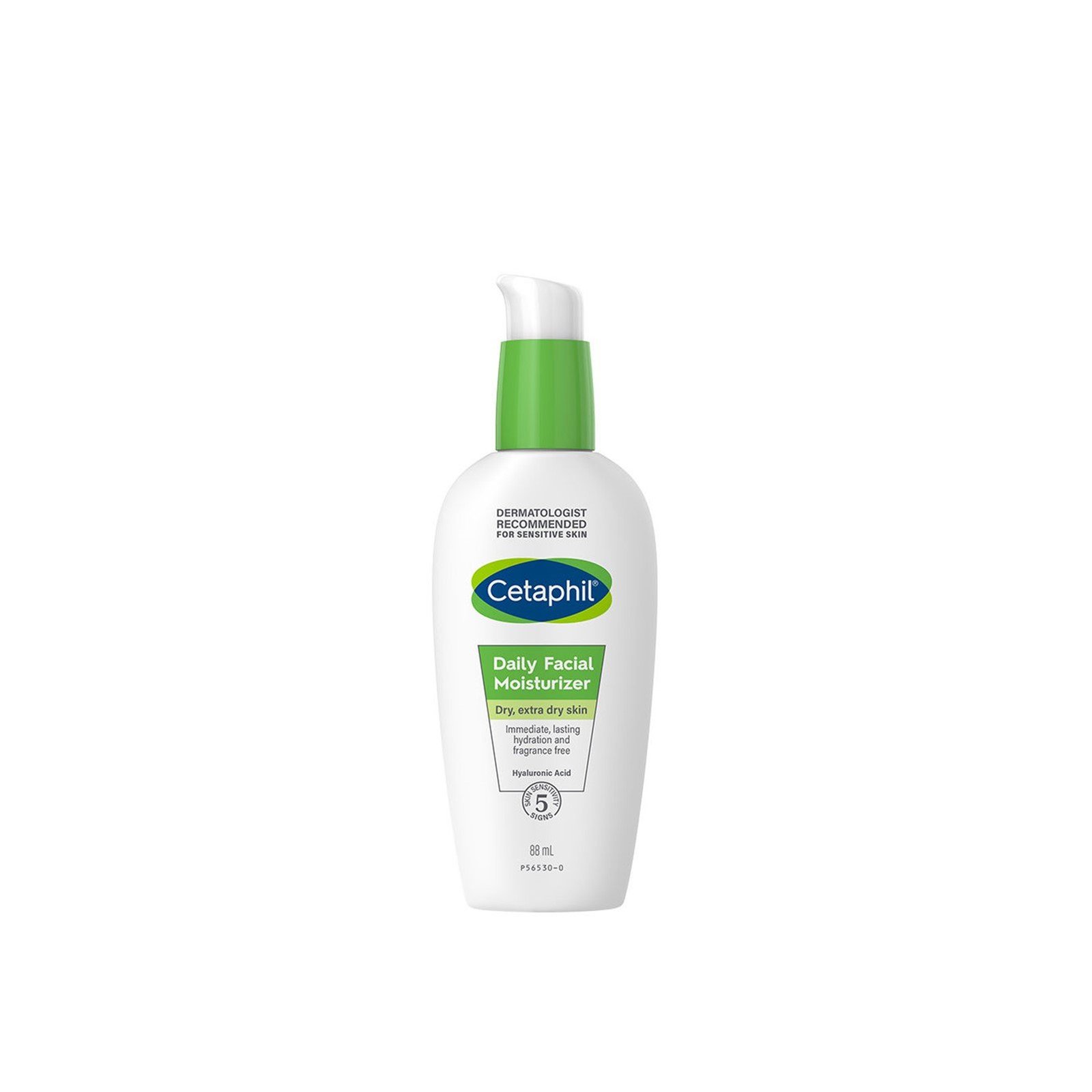CPOpen: Your Gateway to Current Affairs
Stay updated with the latest trends and insights across various topics.
Moisturizer Mysteries: What Your Skin is Really Craving
Unlock the secrets of hydration! Discover what your skin truly craves with our ultimate guide to moisturizers and facial care.
The Science Behind Hydration: Decoding Moisturizer Ingredients
The importance of hydration in skincare cannot be overstated, and understanding the science behind it can elevate our approach to effective moisturization. At the core of every moisturizer are key ingredients that work synergistically to retain moisture in the skin. For instance, humectants like glycerin and hyaluronic acid attract water from the environment and deeper skin layers, helping to maintain a plump and smooth texture. Additionally, occlusives such as petroleum jelly and dimethicone create a barrier that prevents water loss from the skin, making them essential for retaining moisture throughout the day. For a deeper dive into these ingredients, you can refer to sources like NCBI and Healthline.
Moreover, the effectiveness of a moisturizer goes beyond just its ingredient list; the formulation also plays a crucial role in how well it hydrates the skin. For example, the pH level can affect the stability and absorption of ingredients, while emulsifiers ensure that oil and water components blend effectively. Additionally, incorporating natural extracts, such as aloe vera and chamomile, can enhance the soothing and hydrating properties of a moisturizer. Recognizing how these components interact enables consumers to make informed choices about their skincare products, leading to better skin health. For further reading on the science of moisturizer formulations, consider exploring Elle or Cosmopolitan.

Is Your Moisturizer Working? Signs Your Skin Is Still Thirsty
Have you ever wondered, is your moisturizer working? Many people apply moisturizer daily, only to find that their skin still feels parched and uncomfortable. One telltale sign that your skin is still thirsty is persistent dryness or flakiness, even after applying your favorite cream. If you notice this, it might be time to reassess your product or your application technique. Additionally, pay attention to whether your moisturizer is absorbing well or sitting on the surface—if it feels greasy or slick without providing hydration, it may not be effective.
For more tips on evaluating your skincare routine, check out this comprehensive guide.
Another important clue that your moisturizer isn’t meeting your skin’s needs is a sandpaper-like texture. This roughness can indicate a lack of moisture retention, signaling that your current product isn’t adequate. Furthermore, if you’re constantly battling issues like redness or irritation, this can also suggest that your skin is still thirsty. Consider switching to a moisturizer that contains hydrating ingredients like hyaluronic acid or glycerin, which are known for their ability to attract moisture to the skin. For an in-depth look at effective moisturizers, visit Dermstore's guide.
Moisturizer Myths: What Your Skin Craves vs. What You’ve Been Told
When it comes to skincare, moisturizers are often surrounded by a cloud of myths that can mislead you about what your skin truly craves. For instance, many believe that oily skin doesn't require extra moisture, leading to an over-reliance on harsh cleansers that strip the skin of its natural oils. In reality, even oily skin can benefit from hydration. According to a study published by the National Center for Biotechnology Information, using a lightweight, non-comedogenic moisturizer can help balance oil production and keep skin looking healthy. Additionally, the misconception that thicker creams are always better can cause skin to feel greasy rather than hydrated. It's essential to choose a product that suits your unique skin type.
Another prevalent myth is that moisturizers are only necessary in the winter months. In truth, your skin needs proper hydration year-round, regardless of the weather. Exposure to sun, air conditioning, and pollution can all dehydrate the skin, making it essential to adapt your skincare routine accordingly. Healthline emphasizes the importance of using appropriate moisturizers even during hotter months to maintain the skin's barrier function and prevent premature aging. Thus, understanding what your skin craves—a balanced, consistent hydration routine—can significantly improve your skincare regimen and overall skin health.